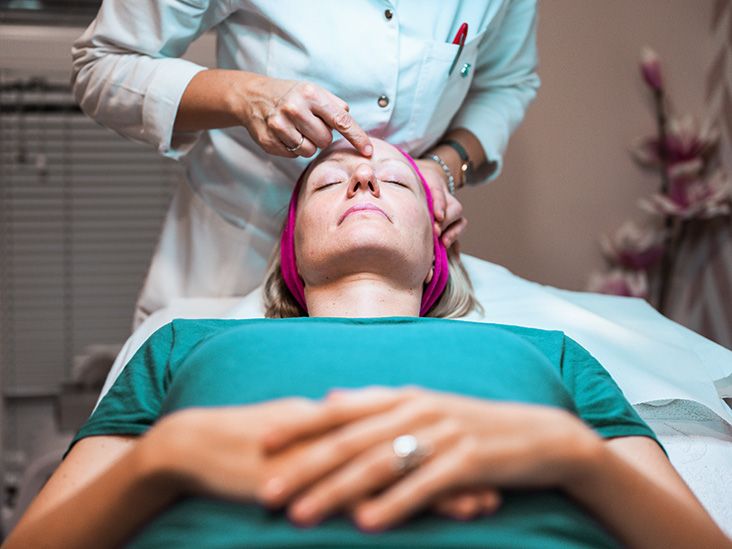Locate a skilled dermatologist for skin care treatment tailored to your needs.
Locate a skilled dermatologist for skin care treatment tailored to your needs.
Blog Article
Navigating Skin Cancer Therapy: The Crucial Role of Mohs in Modern Dermatology Practices
Skin cancer cells, an overwhelming medical diagnosis, often leaves clients coming to grips with many treatment options. Amongst these, Mohs surgical treatment stands as a beacon in modern-day dermatology, renowned for its careful approach to cancer elimination and conservation of bordering healthy cells. This innovative practice assures not only remarkable cosmetic outcomes but additionally supplies prompt results, reducing person anxiety. As we check out the intricacies of this treatment, one will certainly appreciate its critical duty in skin cancer cells therapy.
Comprehending Skin Cancer: Types and Dangers
Skin cancer, a potentially deadly condition, is much more widespread than lots of people recognize. This illness, brought on by the unchecked development of uncommon skin cells, largely arises from DNA damages due to exposure to the sun and ultraviolet (UV) light. There are 3 primary sorts of skin cancer: Basic cell cancer, Squamous cell cancer, and Melanoma. While the former two are much less lethal and comprise the bulk of identified situations, cancer malignancy is the most harmful. It accounts for only concerning 1% of skin cancer cells instances but causes the substantial majority of skin cancer fatalities - skin cancer. Risk elements include fair skin, background of sunburn, too much sun direct exposure, living at high altitudes or near the equator, having many moles, a household history of skin cancer, and deteriorated body immune system.
What Is Mohs Surgery and Just How It's Revolutionizing Skin Cancer Treatment
In spite of the various treatments currently offered for skin cancer cells, Mohs surgery stands out as a groundbreaking and highly efficient service. Named after Frederic E. Mohs, the doctor who established the procedure, Mohs surgical treatment is a precise medical method utilized to treat skin cancer cells. This level of accuracy, integrated with the capacity to spare as much healthy cells as feasible, is changing skin cancer therapy.
The Advantages of Mohs Surgery Over Traditional Skin Cancer Cells Therapies
Structure on the innovative nature of Mohs surgery, it's vital to consider its various advantages over typical skin cancer therapies. Unlike standard operating procedures, Mohs supplies a higher treatment rate, often reaching 99% for first-time treatments and 94% for frequent cancers cells. This accuracy is because of its one-of-a-kind technique of progressively eliminating and checking out tissue layers till only cancer-free cells remain (chemical peel). Furthermore, it lessens damages to healthy skin, bring about much less scarring and boosted aesthetic end results. Mohs also provides instant results, removing the anxiety-ridden delay typical with various other methods. It's economical, as the surgery and tiny assessment take place concurrently, eliminating the demand for added research laboratory solutions. Thus, Mohs represents a considerable improvement in dermatological methods.
The Procedure of Mohs Surgery: What to Anticipate Throughout the Process

Prospective Negative Effects and Post-Operative Treatment of Mohs Surgery
Going through Mohs surgery, like any kind of other procedure, entails prospective side effects that people need to be mindful of. Common adverse effects include pain, wounding, and swelling at the surgery website. These are normally short-term and convenient with over the counter pain medication and ice packs. In rare situations, patients might experience infection, blood loss, or an allergy to the anesthetic. Post-operative treatment is crucial to recovery and reducing adverse effects. This generally involves maintaining the injury clean and completely dry, taking recommended drugs, and staying clear of difficult activities. Individuals should additionally attend all follow-up appointments for wound care and monitoring. In many cases, additional therapies might be necessary to ensure total elimination of the malignant cells. Complying with these post-operative care standards can significantly improve healing and outcomes.
Final thought

Report this page